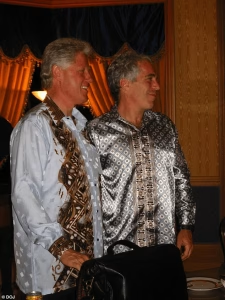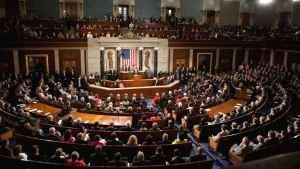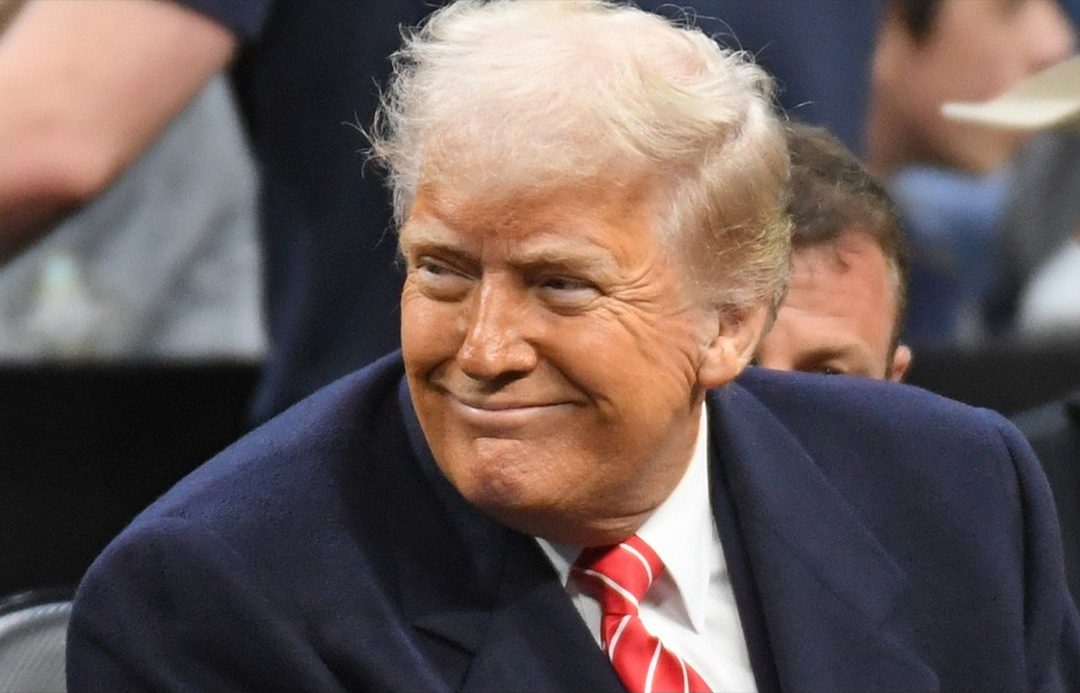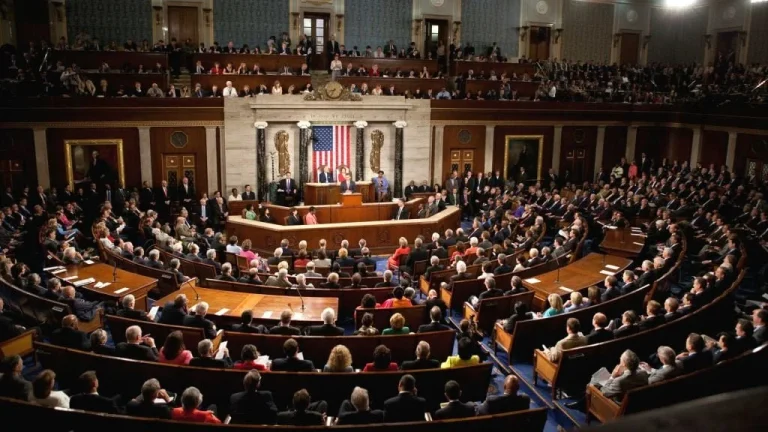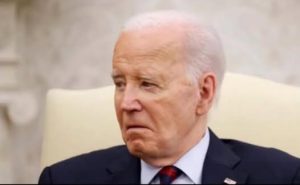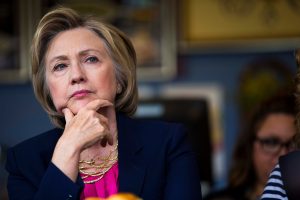Note: VIDEO at the end of the article.
Public confidence in American higher education has declined significantly over the past decade, with a steep drop especially evident among Republican-leaning voters. The shift in sentiment has been reported by major polling organizations and highlighted recently by CNN’s senior data reporter Harry Enten during an on-air segment.
The conversation around the role, value, and trustworthiness of U.S. colleges and universities has grown more polarized in recent years, raising important questions about how educational institutions can restore faith among the American public.
CNN Highlights a Stark Trend
On a recent episode of CNN News Central, senior data analyst Harry Enten discussed polling data indicating a deepening skepticism toward U.S. colleges and universities, particularly among Republicans. Speaking with anchor Kate Bolduan, Enten described a dramatic decline in public trust.
“In 2015, 57% of Americans said they had a great deal or quite a lot of confidence in higher education,” Enten said. “That number has plummeted to just 36%.”
Enten emphasized that this drop is not isolated to any single political group, though it is most pronounced among Republicans.
“We’re talking about a 36-point drop among Republicans specifically,” Enten explained.
This analysis aligns with polling conducted by Gallup in 2023 and 2024, which shows that confidence among Republicans in higher education has declined from 56% in 2015 to just 20% in 2024. Among independents, trust fell from 48% to 32%, while Democrats experienced a smaller decline from 68% to 56%.
Gallup Data Confirms the Downward Trend
The Gallup Organization, in partnership with the Lumina Foundation, has conducted multiple surveys tracking Americans’ perceptions of the value and trustworthiness of colleges and universities. In a 2023 poll, Gallup found that fewer than four in ten Americans say they have high confidence in higher education.
Gallup analysts cited multiple reasons for this erosion in trust. Among the concerns frequently voiced by respondents were:
-
Rising tuition costs and student debt burdens
-
A perceived ideological or political bias in academic institutions
-
Doubts about the return on investment of a college degree
-
Concerns about free speech and viewpoint diversity on campus
These findings suggest that dissatisfaction is not only politically motivated but also rooted in structural and economic issues.
The Political Lens: Why Republicans Are More Skeptical
The partisan divide on this issue has been growing for years. Many conservative leaders and media commentators have criticized what they see as a leftward ideological slant in American academia. This narrative has gained traction in right-leaning circles, especially as debates over free speech, gender identity, racial justice, and curriculum content have intensified.
Former President Donald Trump and other Republican figures have frequently targeted elite universities, accusing them of promoting progressive ideology at the expense of academic rigor and intellectual diversity.
While CNN’s reporting on the polling data does not explicitly “admit” that Trump was right—as some partisan outlets have suggested—it does acknowledge that public sentiment is increasingly aligned with his critiques.
“The numbers don’t lie,” Enten remarked. “Whether you attribute it to ideology or broader concerns, the trend is unmistakable.”
This has given rise to a perception among some conservatives that the media and academic institutions are beginning to recognize the validity of long-standing Republican concerns about the trajectory of higher education.
Democrats Still Show Relatively High Confidence
While confidence has declined across all political groups, Democratic-leaning voters still report relatively high levels of trust in the higher education system. In the 2024 Gallup poll, 56% of Democrats said they had a great deal or quite a lot of confidence in colleges and universities—a decline from earlier years, but still significantly higher than the rates among Republicans and independents.
Democrats tend to view higher education as a pathway to opportunity and upward mobility. They are also more likely to support increased public funding for higher education, student loan forgiveness, and progressive reforms on campus.
The political split reflects deeper divisions in how Americans assess the role of universities in society—whether as engines of innovation and equality or as institutions that have drifted too far from their intended purpose.
Broader Implications for Higher Education
The decline in trust poses significant challenges for colleges and universities, both public and private. In recent years, enrollment numbers have fallen at many institutions, especially among young men and working-class students. Financial pressures, campus controversies, and growing competition from online and vocational programs are forcing traditional universities to reevaluate their models.
Dr. Brandon Busteed, chief partnership officer at Kaplan and a former Gallup executive, has written extensively on how institutions must change to remain relevant.
“Higher education has to prove its value in the labor market, in civic life, and in preparing students for a complex world,” Busteed said. “We can’t afford to ignore the warning signs.”
If public trust continues to erode, colleges may face greater difficulty attracting students, securing funding, and defending their missions in political and cultural debates.
Calls for Reform and Reconnection
Many education leaders acknowledge the need for reform. Some have advocated for greater transparency about costs and outcomes, stronger protections for free speech on campus, and improved pathways from education to employment.
Additionally, efforts are being made to bridge the political divide. Initiatives promoting viewpoint diversity, open debate, and engagement with communities outside of academia are gaining ground at a number of institutions.
Organizations like the Heterodox Academy, the Foundation for Individual Rights and Expression (FIRE), and the Bipartisan Policy Center have all promoted ways to foster healthier discourse on college campuses.
There is also a push to invest more in community colleges, trade schools, and workforce development programs that provide more direct economic benefits, particularly for nontraditional students and those skeptical of four-year degrees.
The Road Ahead
As the national conversation about higher education continues, it’s clear that restoring confidence will require more than public relations. Structural reforms, better communication of value, and genuine ideological openness are among the many demands facing universities.
CNN’s reporting and Gallup’s polling paint a clear picture: Americans—especially Republican voters—are questioning the integrity, relevance, and fairness of higher education in growing numbers.
While some interpret this shift as a vindication of earlier political critiques, it ultimately reflects a broader set of concerns that must be addressed across party lines if colleges and universities hope to maintain their central role in American life.
https://www.youtube.com/watch?v=Aa7Rbs_pqfA&t=1248s

James Jenkins is a celebrated Pulitzer Prize-winning author whose work has reshaped the way readers think about social justice and human rights in America. Raised in Atlanta, Georgia, James grew up in a community that instilled in him both resilience and a strong sense of responsibility toward others. After studying political science and creative writing at Howard University, he worked as a journalist covering civil rights issues before dedicating himself fully to fiction. His novels are known for their sharp, empathetic portraits of marginalized communities and for weaving personal stories with broader political realities. Jenkins’s breakout novel, Shadows of Freedom, won national acclaim for its unflinching look at systemic inequality, while his more recent works explore themes of identity, resilience, and the fight for dignity in the face of oppression. Beyond his novels, James is an active public speaker, lecturing at universities and participating in nonprofit initiatives that support literacy and community empowerment. He believes that storytelling is a way to preserve history and inspire change. When not writing, James enjoys jazz music, mentoring young writers, and traveling with his family to explore cultures and stories around the world.
